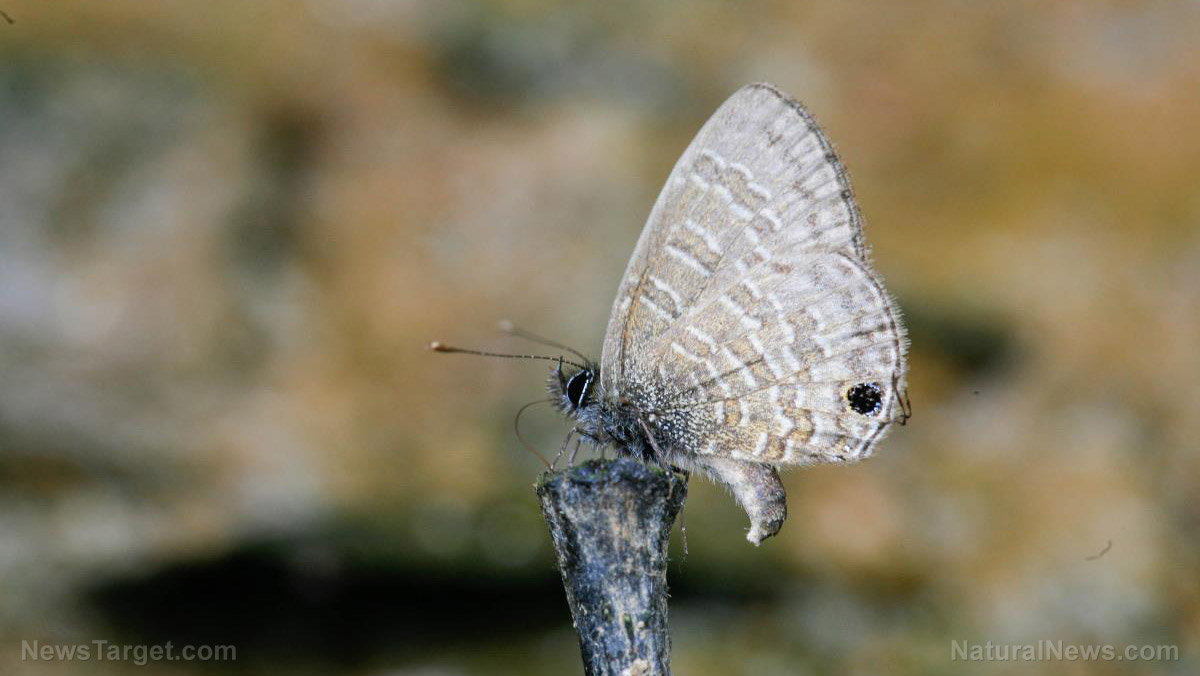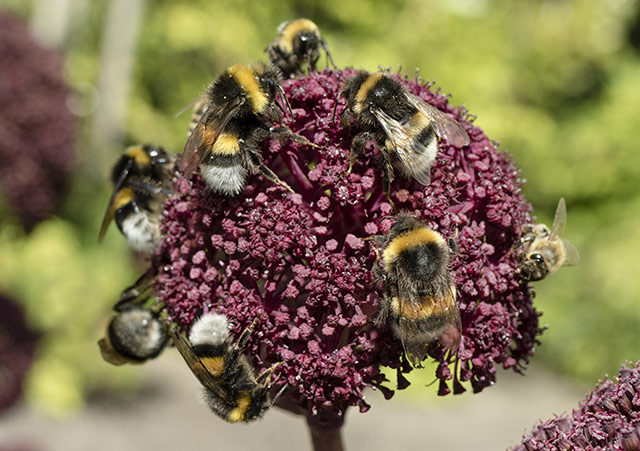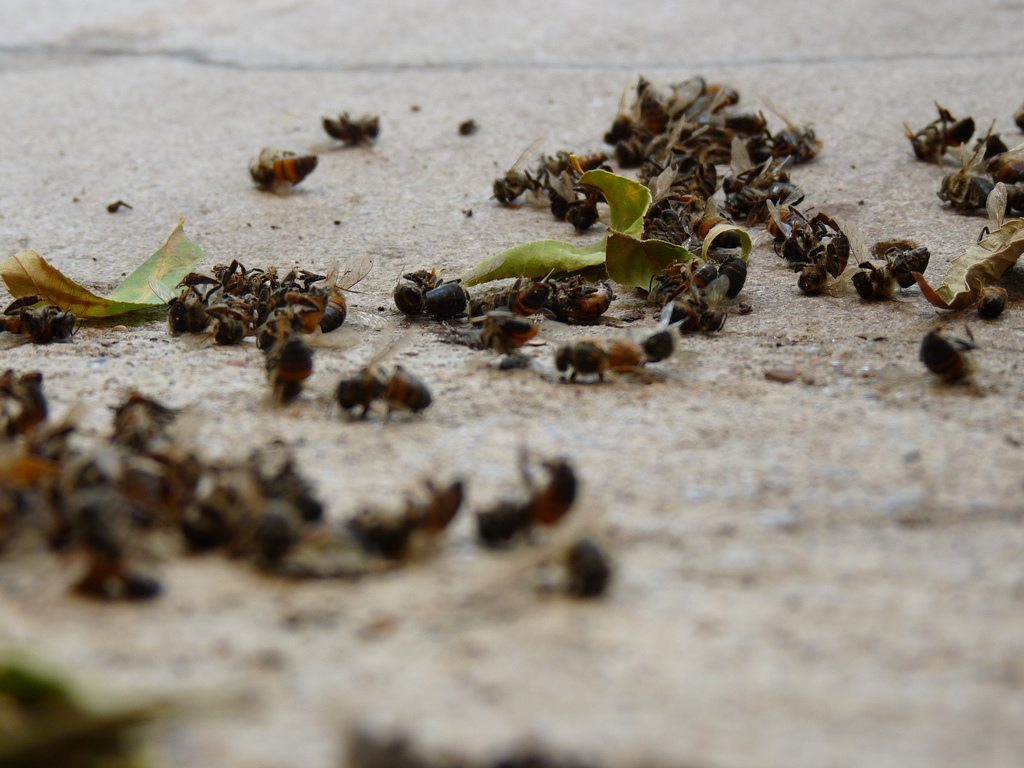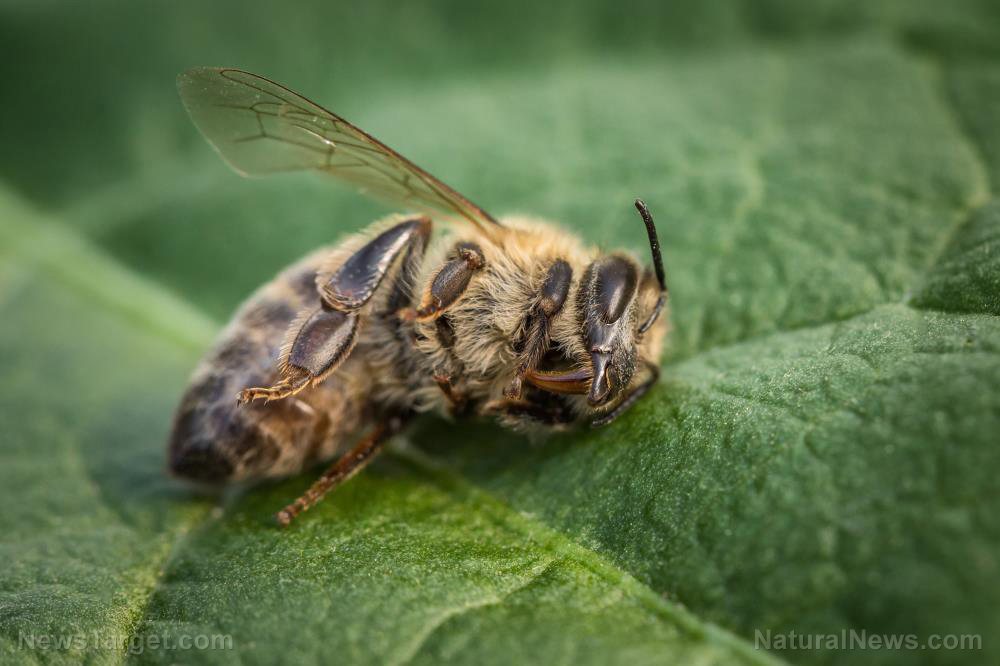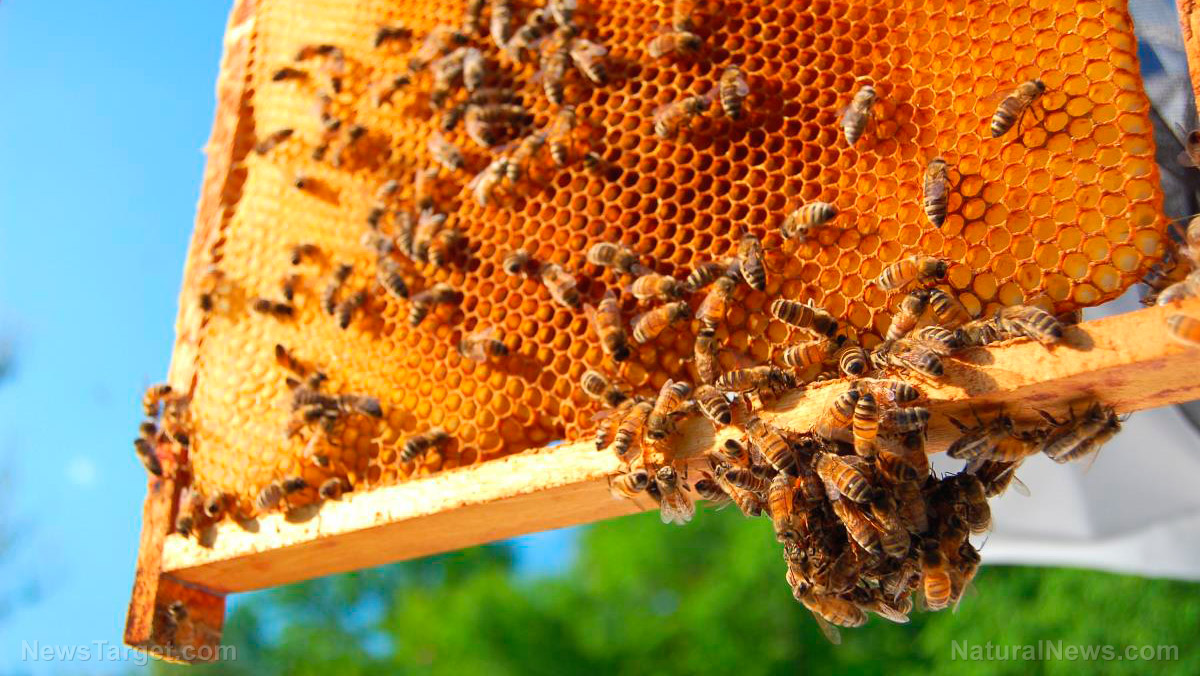
Bee populations have been absolutely decimated in recent years -- there's no doubt about that. As Fox News reported last year, honeybee populations dropped by a staggering 44 percent during the 2015-2016 year. If that statistic alone isn't scary enough, recall that bees contribute to at least one-third of the U.S. food supply.
Overall, bees are essential for 35 percent of the world's food supply. The humble bee may be small, but its role in our ecosystem is certainly not. Honeybees and other pollinators are essential to our own survival -- yet we are killing them indiscriminately with pesticides and other toxic agrochemicals.
While reducing (or really, eliminating) the use of harmful pesticides altogether would be ideal, there may be another way to help bees persevere: Probiotics. A new study, led by researchers from Lawson Health Research Institute and Western University, has shown that providing bees with an edible probiotic supplement helps to boost their survival rates -- and it helps protect them against the hazardous effects of pesticide use.
While probiotics are becoming increasingly popular for humans and pets due to their wide array of health benefits, this new finding is quite surprising. Who would have thought probiotic bacteria could actually protect bees from pesticides?
As sources explain, the agriculture industry sprays their crops with a chemical cocktail in an attempt to boost crop yields and many of these compounds are toxic, causing harm well beyond their target specimen. Neonicotinoid pesticides, in particular, have come under fire for the threat they pose to honeybees. They've also been linked to colony collapse disorder.
Gregor Reid, Ph.D., Director for the Canadian Centre for Human Microbiome and Probiotic Research at Lawson, and Professor at Western’s Schulich School of Medicine & Dentistry, commented, "The demise of honey bees would be disastrous for humankind. A current dilemma in agriculture is how to prevent bee decline while mitigating crop losses."
"We wanted to see whether probiotics could counter the toxic effects of pesticides and improve honey bee survival," Reid continued.
At his lab, trainees Brendan Daisley and Mark Trinder used fruit flies to study pesticide toxicity in honeybees. Researchers often use fruit flies in lieu of bees due to the similarities in their immune systems and other commonalities. For example, bees and fruit flies actually have similar microbial compositions in their microbiome.
To begin their investigation, the researchers exposed the fruit flies to a widely used pesticide known as imidacloprid. They found that this exposure caused changes to the flies' microbiome and made them more vulnerable to disease.
But, the researchers found that supplementing the flies with a specific strain of probiotic lactobacilli produced a significant improvement in survival rates. Daisley contended, "Our study showed that probiotic lactobacilli can improve immunity and potentially help honey bees to live longer after exposure to pesticides."
Probiotics can easily be administered to bees via the same pollen patties that beekeepers use to offer their colonies some extra nutritional support -- which makes this a pretty viable option.
As the researchers note, cessation of pesticide use is the ultimate ideal. But unfortunately, until we can end the reign of toxic agrochemicals, protecting against their hazardous effects is essential.
Sources for this article include:
Please contact us for more information.

















